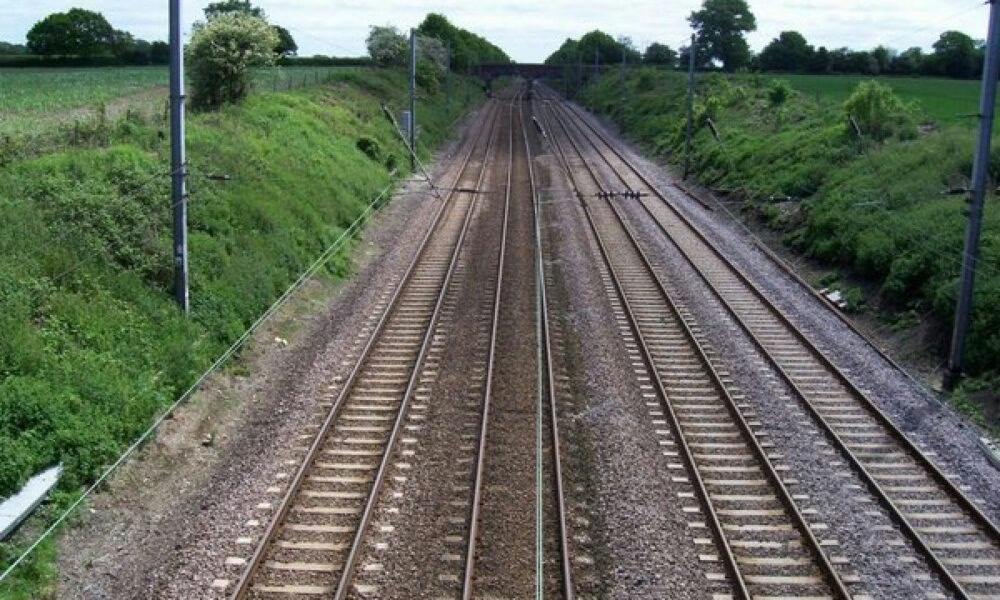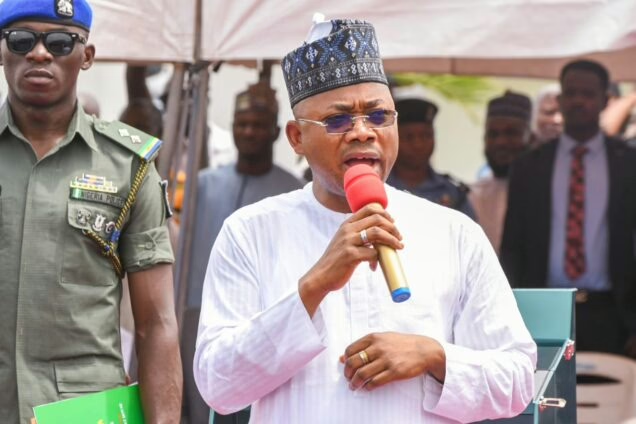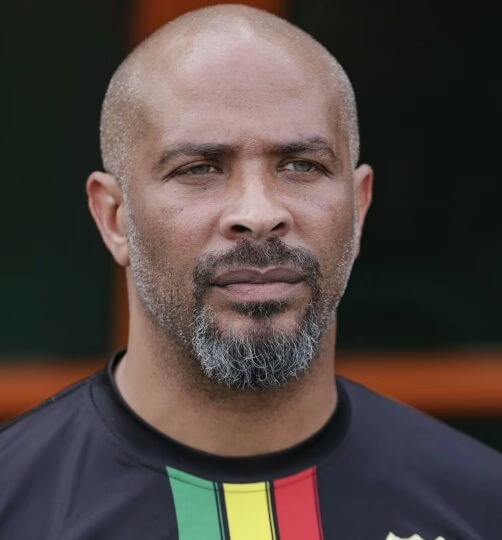By Steve Agbota, [email protected]
Expectations in the maritime industry were sky-high when President Bola Tinubu, in his inaugural address, promised to urgently transform the nation’s ailing economy through diversification with strong focus more on the non-oil economy.
Shortly after he assumed office, the President created the Ministry of Marine and Blue Economy to oversea the affairs of maritime industry. While inaugurating his cabinet, the President make the ministry official and also announced Adegboyega Oyetola as the Minister to head it.
However, hopes waned when a number of peppery economic reform initiatives were unveiled that upset the economy.
One year down the line, lamentations from players in the maritime ecosystem have reached a crescendo, as what was promised and what played out are at variance.
Much of the expectations in the maritime sector were not met by Tinubu’s administration. The Ministry of Marine and Blue Economy is still struggling to find its feets as some of its departments have not been delineated, while is still sharing the same office and staff with the Ministry of Transportation.
Today, Nigeria is still missing in the global maritime space as none of the nation’s ports makes top 100 busiest ports in the world in the latest ranking.
The Nigerian ports are still synonymous with poor infrastructure such as poor roads, rail, quay, buildings, equipment, yard, insecurity and pilferage and delays in cargo clearance.
The floating of foreign exchange rate has been one of the major obstacles hampering the development of the industry.
In the last one year, the Central Bank of Nigeria (CBN) has adjusted the Customs import duty more than 35 times, which has forced some importers to abandon the nation’s ports for the neigbouring ports of that Togo, Ghana, Benin Republic in search of stable and cheap exchange and a generally conducive space to operate.
Stakeholders who spoke to Daily Sun lamented that due to unstable foreign exchange rate, importation into the country has dropped drastically to about 30 per cent as clearing agents lamented that there are not much activities at the ports.
They added that the harsh operating environment, coupled with the challenges of high cost of doing business at the ports, have led to mass shutdown of businesses as job losses spike.
Stakeholders pointed out that a large chunk of Nigerian cargoes have been snatched by neighbouring countries who provide cheaper and beter operating space.
Speaking with Daily Sun, the former acting National President of Association National Licensed Customs Agents (ANLCA), Dr. Farinto Kayode, said: “Even though I’m aware that this present government is trying its best to put the economy in order but we have not felt their impacts in the maritime industry positively. And this is courtesy of the fluctuating of exchange rate.”
He said that government has not come out categorically to address this issue as it relates to cargo clearance.
“And that is why within four days in a week, we have more than five different exchange rates and that is not too good for the economy and that is why the economy is not moving. I have subjected severally that there is need for government to look inwardly and let us have predictive exchange rate and these are not really being addressed,” he added.
According to him, the maritime industry is actually stagnated, while the volume of import is drastically dropping on a daily basis.
He said the government was not really looking inwards.
“Talking about the economy, I know the government is trying her best to look at how to fix the economy. You cannot fix the economy in the absence of the maritime industry. Everywhere in the whole world, there is no country that plays with her maritime industry.
“Where are the policies? There is no policy in place for now and there is nothing to work with coupled with the fact that we have a somersaulting foreign exchange rate on a daily basis. Even now, we have a very stubborn CBN Governor and that is not going to help the economy,” he added.
“We need a young vibrant person that will rejuvenate the maritime industry. When the Marine and Blue economy was created, we all said it is good for the country. We all recommended it but almost one year now, nothing is in place. I’m of those defending them that the ministry has not been delineated even up till now,” he said.
On Blue Economy Ministry, he said the ministry has not really delineated from the various departments of ministry of transportation, saying everything is stagnated and Nigeria as a country is not moving forward.
He said the ministry ought to be generating money for Federal Government now but they lack ideas and that is why they need a replacement by appointing a young vibrant person to man the ministry.
Speaking with Daily Sun, Advisory Head/CEO, Kamany Marine Services Limited, Charles Okorefe said: “Anyway, I don’t think I felt any impact. I don’t think there is anything different from what have been within the one year of this administration from what we have always known especially with the creation of Marine and Blue Economy.
“We have thought that by now, a template would have been produced that will give us something to look out for what we will call a roadmap or blue print to follow in the Marine and Blue Economy sector but that is yet to materialise. To that extent, I cannot say that much has been achieved in this sector in the last one year,” he said.
He said there is nothing much different from what the stakeholders have always known, saying stakeholders expectations in that ministry and the shipping sector are not yet met within one year in office of Tinubu’s administration.
Meanwhile, the National President, National Council of Managing Director of Licensed Customs Agents (NCMDLCA), Lucky Amiwero said that maritime industry is an industry that has to do with import and export, shipping and all the rest, adding that import and export is time because of the exchange rate.
He added that due to floating of exchange rate, fuel subsidy and the rest, a lot of people are losing their jobs in the maritime industry even outside the maritime industry.
“So the maritime industry is not moving the way we expected it to move. People are losing their jobs and cargo throughput is going down, exchange rate is not stable. So there is nothing to show for the maritime industry in the last one year of the current administration.
“I don’t know what I can say about the maritime industry where exchange rate is high and people cannot import, people cannot buy fuel and they cannot lay hands on money. The poverty rate is moving high all the time. There is nothing in the maritime industry. The industry is going down instead of going up.
“Importation has dropped drastically. You cannot import when your exchange rate is not stable. Look at the price of commodity in the market is escalating. Something you buy today and tomorrow the price has changed. So how do you expect the country to be better? One year is gone. And we have the blue economy ministry that is there and not doing enough. Many things are not going well,” he explained.
The Managing Director of Sula Marine Global Limited/foremost freight forwarder, Sulaiman Ayokunle, said
However, the creation of the Ministry of Marine and Blue Economy out of the Ministry of Transport is a welcome idea but expectation was so high that the creation of that ministry will take maritime stakeholders to Eldorado but stakeholders have not felt any positive impact.
“Maybe because our expectation was so high or because the Minister himself was never a maritime person and he was a maritime person, that will have been an added advantage because we need a professional in marine even aviation is it goes required professionals. The person must not just be a politician even in transport and logistics is for professionals. It is just like taking non-lawyer to be the attorney general of the federation.
“You can imagine what that will spell! It will spell doom for country. So that is just the way we should look at it under marine and blue economy. You don’t bring someone who is not a core professional to man that very important ministry and to head a ministry, it takes a lot.
“To move away from that, let’s talk about the Comptroller General of Customs, Wale Adeniyi. Honestly, the reformation he will put to place is per excellence. He was a former PRO of the Service and he is bringing in a lot of technology to replace direct human contact. You can see despite all what we are going through, the revenue keeps going up. Of course, that one has its own adverse effect on the importers and economy.
“Importation is very low because you can imagine floating exchange rate. This is not something we should find ourselves into. Floating exchange rate at this time of the economy, in fact, it is one of the minus and negativity of what we are witnessing now,” added.
He said that the floating exchange rate is not ideal because it does not creates room for predictability, saying one can’t predict as a businessman.
“As a businessman, forecasting and budgeting is one of cardinal points in order to determine your profit or survival level but because of that floating exchange rate the reverse is the case. On Customs, we really felt the impact of the CGC Wale Adeniyi but there is room to do more because we are not finding it easy.
“But we know some of these are physical policies from the Ministry of Finance and other one is monetary policy from Central Bank of Nigeria, all of them should not look at the maritime and aviation as a cash-cow. We should use that medium to develop interest of foreign investors to come in more into the country by making taxes duties and levies to be human friendly. But they way we do it now is about revenue, it shouldn’t be about revenue only because that is not the cardinal, the core value and responsibility of Nigeria Customs Service,” he said.











